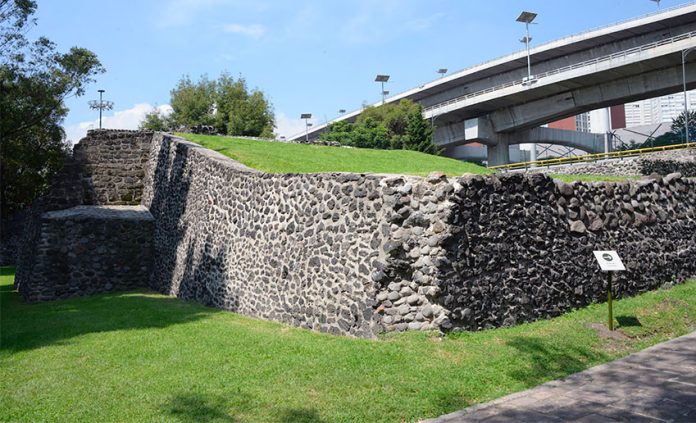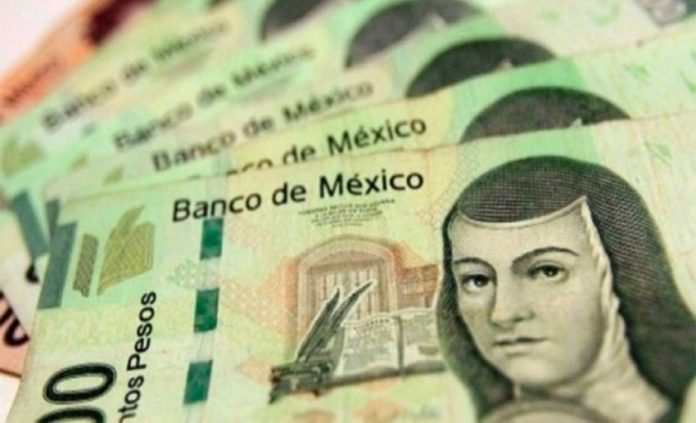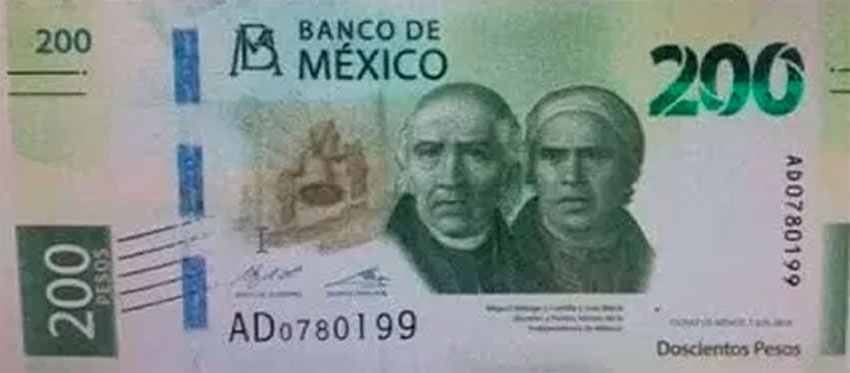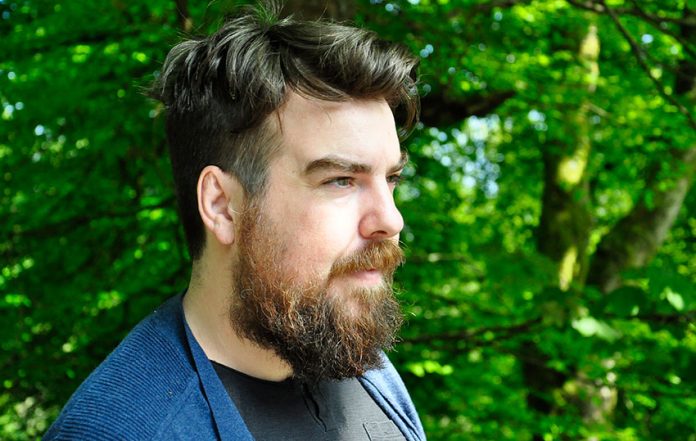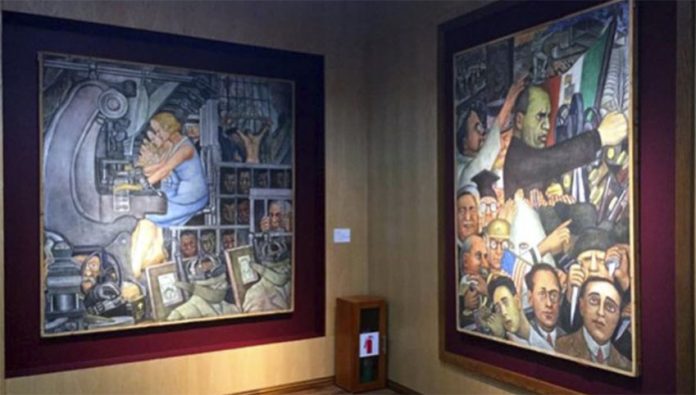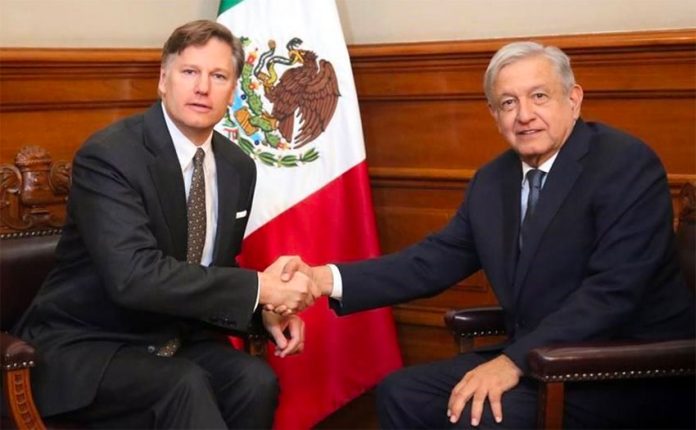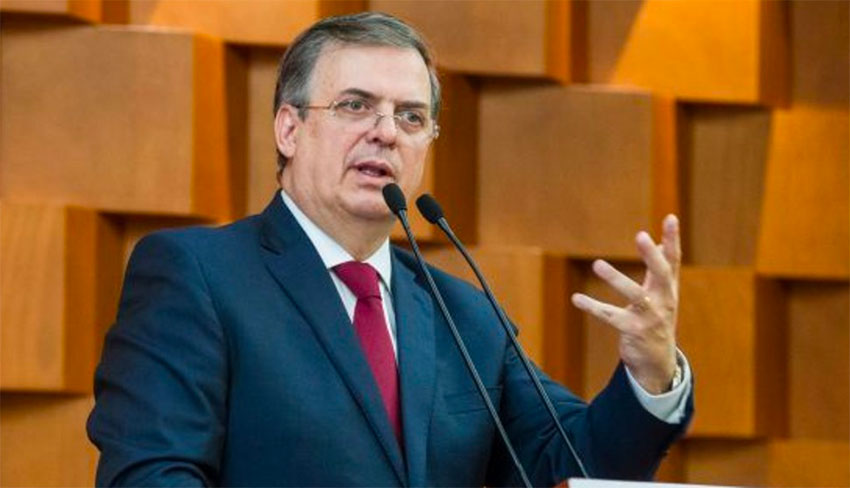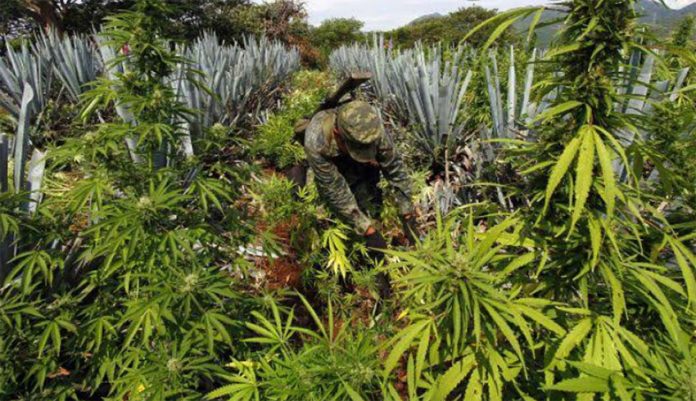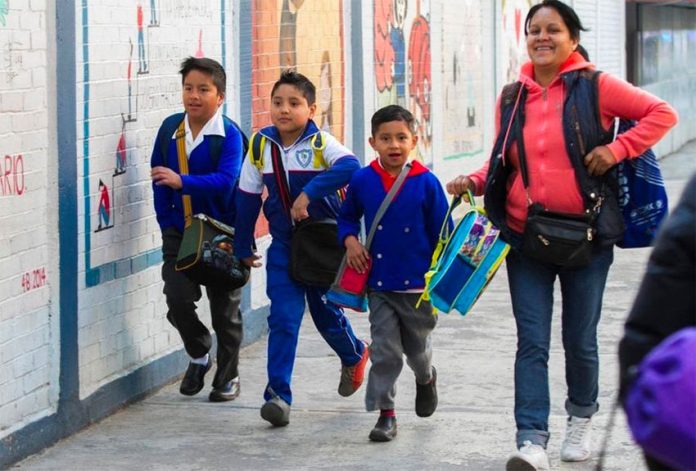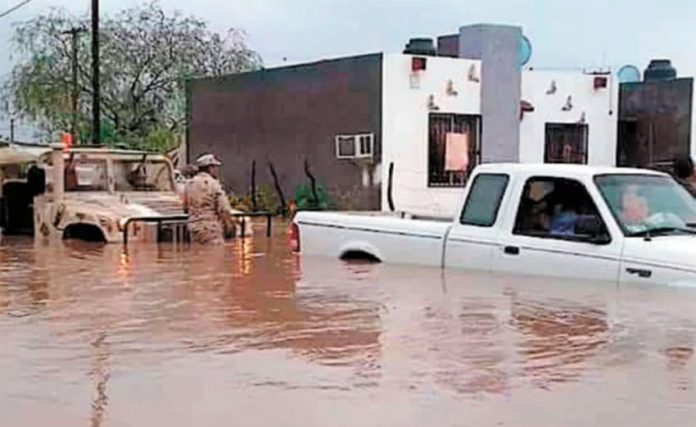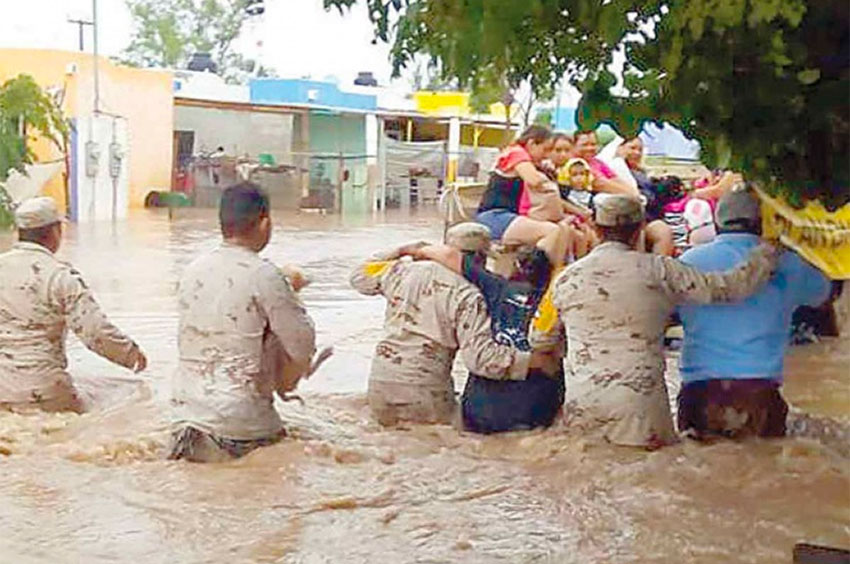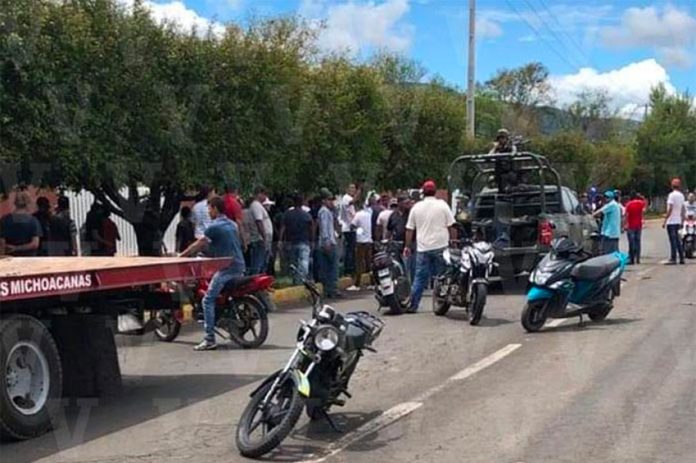The Mixcoac archaeological site in southwest Mexico City has reopened after 77 years.
Located next to the capital’s Periférico, or ring road, in the neighborhood of San Pedro de los Pinos, the site is dedicated to the Mexica god of hunting, Mixcóatl, and was occupied for hundreds of years until the Spanish conquest of 1521.
It has been closed for the past 77 years to prevent the theft of historical artifacts.
The site features a pyramid dedicated to Mixcóatl, a ceremonial plaza, a central patio and a new museum, where visitors can learn more about the history of the archaeological zone and the people who lived there.
Pedro Francisco Sánchez, archaeology chief at the National Institute of Anthropology and History (INAH), explained that since the site closed only a limited number of people were able to visit as part of specially-organized visits.
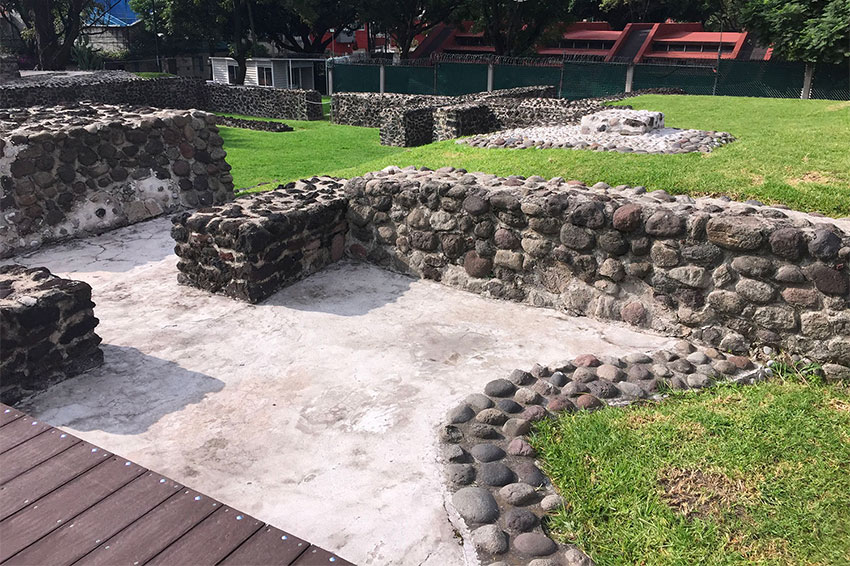
But now the site is now open to the public free of charge seven days a week between 9:00am and 5:00pm.
Sánchez said the site has a parking lot and public washrooms and that paths and ramps have been built to make wheelchair-accessible.
Roberto Gallegos Ruiz, who has led restoration efforts at the site during the past five years, explained at the opening ceremony on Saturday that the Mixcoac archaeological zone was rediscovered in 1916 using the so-called Uppsala map, which is now stored in the library of the university in the Swedish city of the same name.
Made in around 1550, the map is considered one of the most important from early Spanish colonial days.
Gallegos said that when he was a student in the 1950s, he played an important role in ensuring that the site wasn’t damaged or built over as a result of the construction of the Periférico.
“. . . We avoided that and I believe that has been my greatest achievement,” he said.
The Mixcoac site was once located on the edge of Lake Texcoco, which according to Sánchez, made it a place well suited for human settlement.
He said that its opening “fulfills one of the most important missions of our institute, which is to disseminate the knowledge generated from research,” adding “it’s a very unique place, immersed in the urban fabric [of Mexico City].”
Mixcoac is the 194th archaeological site to open to the public in Mexico. Others in the capital include Cuicuilco, Cerro de la Estrella, Tlatelolco and Templo Mayor.
Source: El Universal (sp), Milenio (sp)
